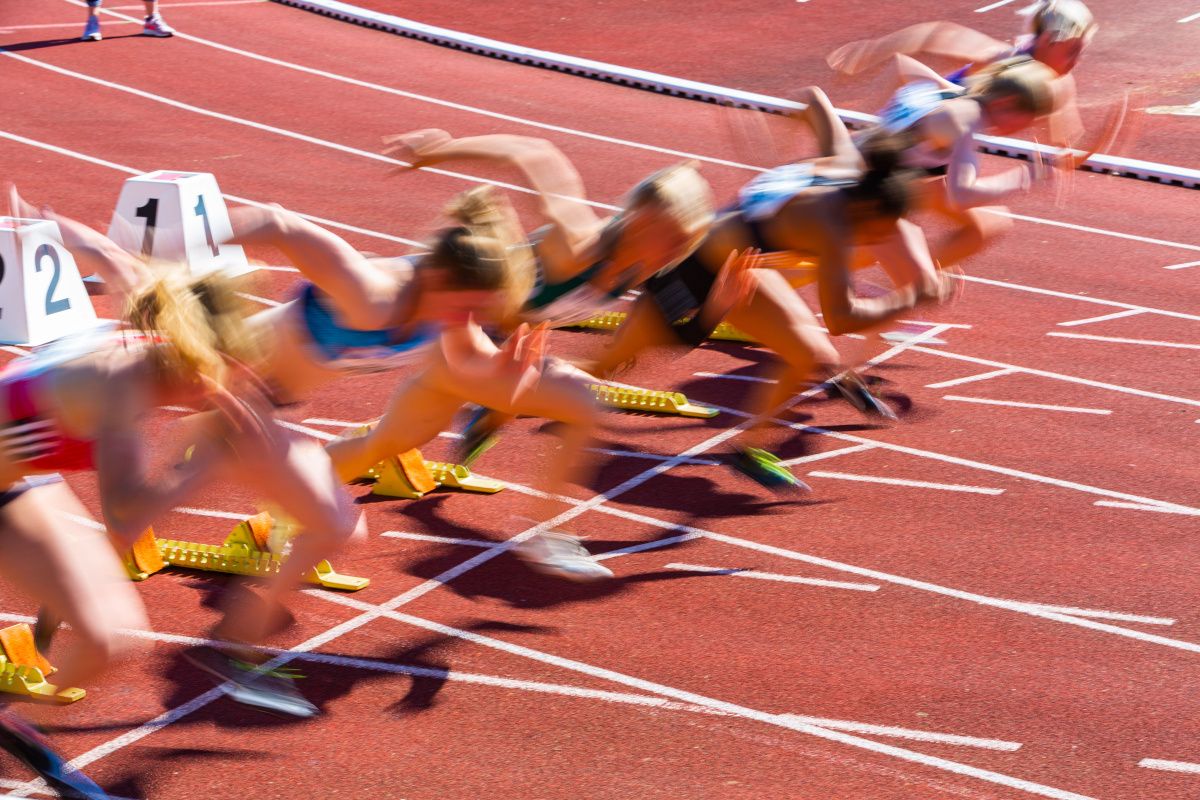What’s good for the goose is good for the gander, so the saying goes. For those unfamiliar with this axiom, a female goose is often referred to as a “goose.” However, a male goose is referred to as a “gander.” Thus, what is good for the female, is good for the male.
For decades now, Title IX has allowed females to participate in traditional male sports, if the sport is not available for girls. However, the opposite is not practiced. If a boy wants to swim on a girls team because boys swimming is not offered, that would not be allowed. What is at the heart of this debate?
Biological Factors
From a biological standpoint, males of the species homo sapiens have, on average, significantly (P < 0.001) more skeletal muscle in comparison to women in both absolute terms (33.0 vs. 21.0 kg) and relative to body mass (38.4 vs. 30.6%). The gender differences were greater in the upper (40%) than lower (33%) body (P < 0.01). As an example of how this would look in real life, consider the 1976 Olympics when then Bruce Jenner won the Decathlon. Women’s Olympics only performed a Pentathlon, rather than a Decathlon, so I have adjusted the categories accordingly and rescored based upon the modern scoring rubric for the events (https://en.wikipedia.org/wiki/Heptathlon#Points_system). You can see from the data below, that all of the biological females are very tightly grouped in scores. However, Ms. Jenner would have absolutely CRUSHED them all. So, in the end, Bruce would still win gold, but displace all other winners.
| Rank | Athlete | Points | 100h | SP | HJ | LJ | 200 |
| Bruce Jenner (USA) | 4984 | 13.49090909 | 15.35 | 2.03 | 7.22 | 23.755 | |
| 2 | Christine Laser (GDR) | 4297 | 13.55 | 14.29 | 1.78 | 6.27 | 23.48 |
| 1 | Siegrun Siegl (GDR) | 4284 | 13.31 | 12.92 | 1.74 | 6.49 | 23.09 |
| 3 | Burglinde Pollak (GDR) | 4272 | 13.3 | 16.25 | 1.64 | 6.3 | 23.64 |
| 4 | Lyudmila Popovskaya (URS) | 4229 | 13.33 | 15.02 | 1.74 | 6.19 | 24.1 |
| 5 | Nadiya Tkachenko (URS) | 4207 | 13.41 | 14.9 | 1.8 | 6.08 | 24.61 |
Information taken from: https://en.wikipedia.org/wiki/Athletics_at_the_1976_Summer_Olympics_%E2%80%93_Men%27s_decathlon & https://en.wikipedia.org/wiki/Athletics_at_the_1976_Summer_Olympics_%E2%80%93_Women%27s_pentathlon
Psychological Factors
So clearly, competing against women, a biological male, regardless of identity, would have a physical advantage. And that does not create fairness in competition. However, advocates of transgender athletes in sports also decry that excluding such athletes is not fair. Rather than approaching this from a physiological viewpoint, they approach it from a psychological viewpoint. If an athlete believes in his or her transgender heart that they should compete in their gender identity, it is unfair to discriminate against them on that basis.
Both of these arguments are cogent and valid. It comes down to a philosophical position of who should be treated unfairly. Because, in the end, someone will lose. Maybe what is good for the goose is really only good for the goose.



